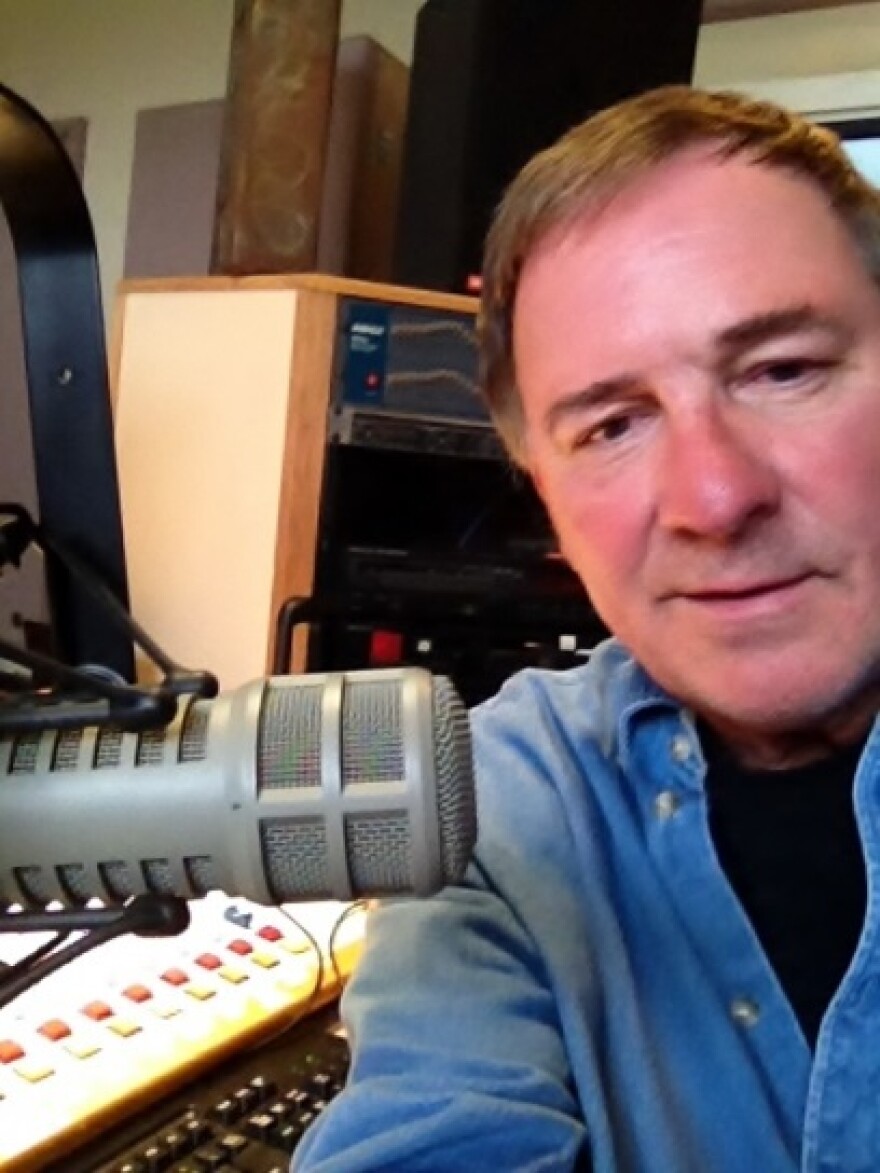Commentary: We’ve become a nation of finger-pointers and scapegoat hunters.
New England Patriots quarterback Tom Brady is, sadly, the latest case study.
His purported role in the so-called Deflate Gate affair transcends the sports pages.
With the April 25 Federal Appeals Court ruling reinstating NFL commissioner Roger Goodell’s four-game suspension of the future Hall of Famer, Brady is back on the front pages.
At this stage, it’s not so much about the flimsy case against Brady presented by an obviously biased NFL special investigator, the Appeals Court has shifted the focus to the question of collective bargaining.
Brady, of course, is a member of the NFL Players Association, and the union is doing its best to fend off Goodell’s directive ordering the suspension, even after taking away the Patriots’ first round draft pick and fining the team a million dollars.
This has turned into a labor relations dispute now that the appellate court has ruled in favor of the employer’s right to manage, and in this case his right to discipline an employee.
Mind you, Goodell totally botched a much more grievous case against former Baltimore Ravens running back Ray Rice, who was convicted of beating up his girlfriend.
The commissioner under-reacted by issuing a paltry one-game suspension, then changed it to three games after public and media protest erupted.
In the end, Goodell had to eat crow and admit he failed to recognize the gravity of Ray Rice’s actions as they reflect on a player’s code of conduct and society’s expectations.
To appear that he’s toughened up his act, he decided to target Tom Brady after a sore loser, the Indianapolis Colts, pointed a finger without any tangible proof that Brady had deflated the Patriots footballs in New England’s lopsided playoff win against Indianapolis two years ago.
The special investigator said Brady had “apparently” deflated the balls before the opening kickoff.
That’s not a very convincing allegation, especially since there is no tangible proof, and that it was as likely that cold weather was the real cause.
Hey, a kid’s science fair project back in Boston even proves that point.
But like the investigator and the kid, and like me, too, there’s a bias – either for or against the four-time Super Bowl winner and three-time Super Bowl MVP.
Remember, the deflated balls were corrected for the second half of that game in question. With the deflated balls, New England barely scored in the first half. With the regulation balls, they rolled over Indianapolis in the second half. Brady’s stats thereafter show all-time highest percentage for completions, with the regulation ball.
Punishment Outweighs the Alleged Crime
Still, the role model-hero is unfairly labeled a cheater.
Considering how the punishment far outweighs the alleged crime, and how this is – at worst – a case of gamesmanship, not assault, steroid abuse or gambling, the cheater label is a farce.
What I find troubling is the rush to judgment by people who dislike the Patriots for being winners.
The haters come out of the woodwork in droves, and Brady is a very convenient scapegoat for them, whether they are football fans or casual observers.
Don’t forget, we are supposedly innocent until proven guilty only after due process has been played out in its entirety.
Brady still has the option of presenting his case to the same panel that overturned a lower court ruling rescinding the Commissioner’s penalty.
He could even go to the U.S. Supreme Court, but not so much on the basis of whether he deflated footballs, more on the key question of an employee defending himself against the slanderous attack of his employer.
In today’s workplace context, the question of trust in the workplace is tantamount to an employer’s management style, especially when there is a collective bargaining agreement in place.
The main point is that Brady vs. the NFL could become a landmark labor relations case further impacting the waning influence of unions, even powerful unions like the NFL Players Association in the face of unfair labor practices.
Clearly, multiple quarterbacks have doctored footballs over the course of NFL history.
However, none of them, though often exposed, has been as overly-inflated (excuse the pun) as this one.
A CEO Showing Poor Judgment
The District Court judge who previously ruled in Brady’s favor criticized the Commissioner and Investigator for presenting an unsubstantiated case.
With the higher court ruling, proving the case against Brady has suddenly become less important than testing the employer-employee relationship in a right-to-work context.
Commissioner Goodell’s handling of the Ray Rice and now the Tom Brady case has unraveled his previously iron-clad reputation to reveal a bumbling, overly-reactive and slanderous boss whose credibility has been blown up. Brady may well serve the four-game suspension, even though Goodell has judged Brady unsoundly, in a specious kind of way.
Now, the Commissioner’s bosses – the NFL owners – could judge him soundly for poor judgment, picking the wrong fight…grounds for a CEO termination.
In the end, it’s not so much about the integrity of the game or a future hall of fame player, it’s about the integrity of the Office of Commissioner.
Richard Kadzis is a former New England correspondent for National Public Radio’s ‘All Things Considered.’ As a former chamber of commerce executive, Kadzis had considerable exposure to labor law in right to work states. He resides in Las Cruces.


